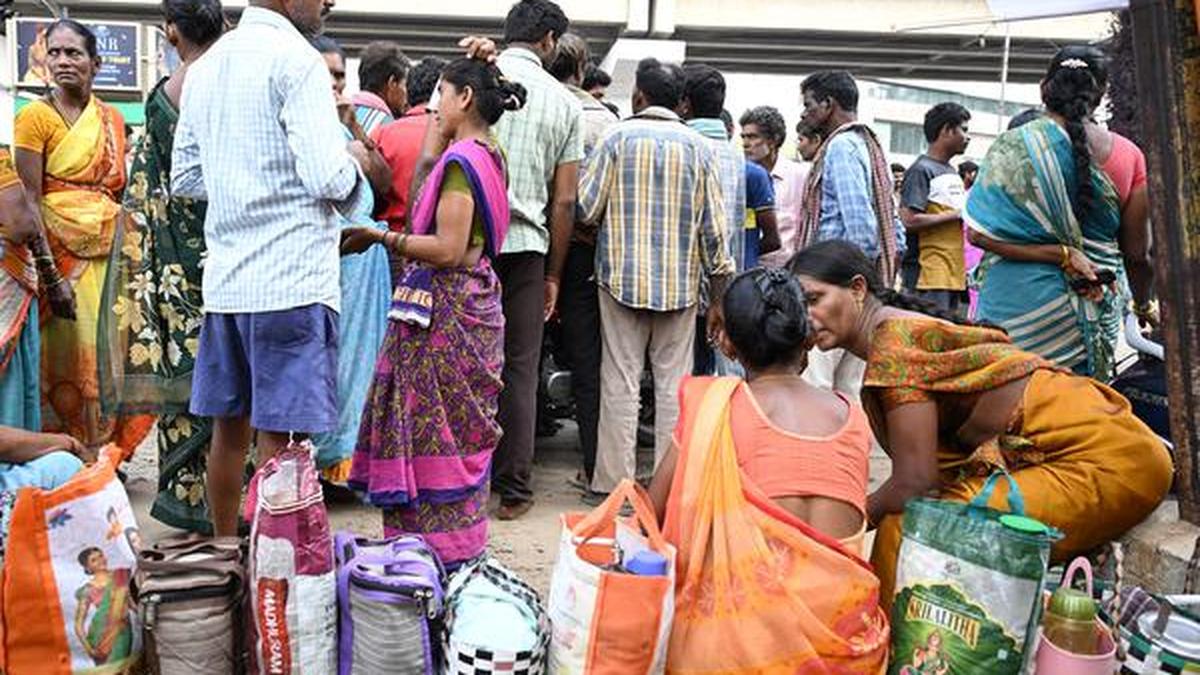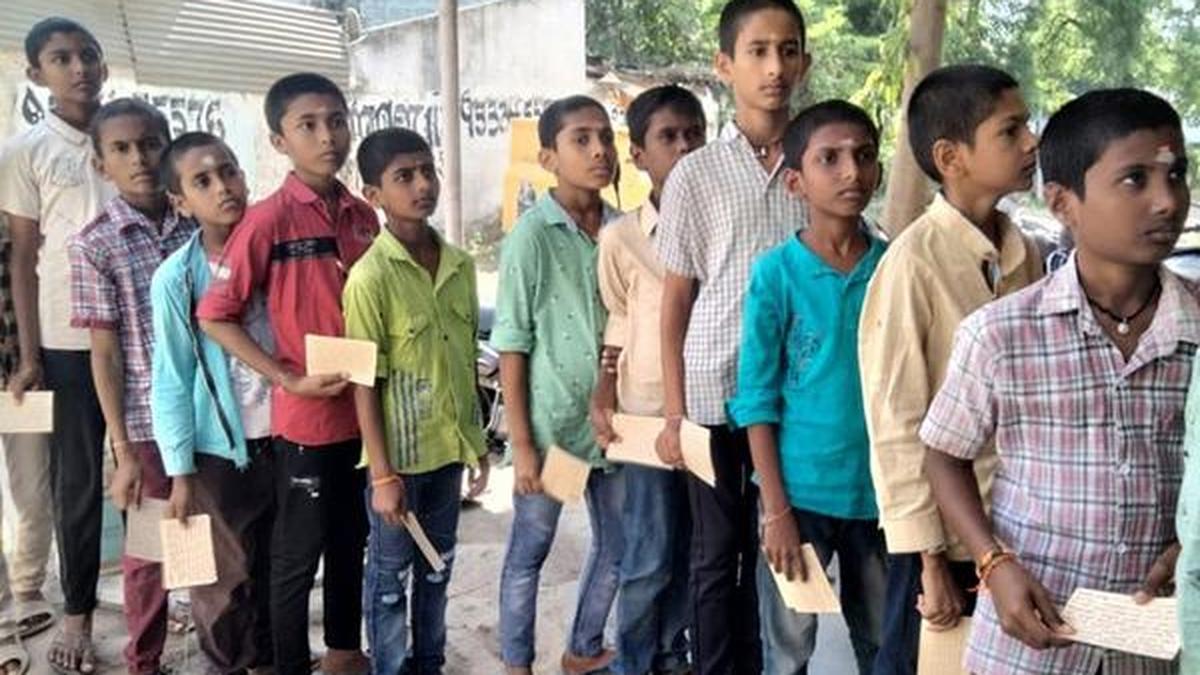Unfortunately, what Ambedkar said in December 1952 is truer after seven decades.
Published: 14 Apr 2024, 5:08 PM IST

i
As the nation celebrates, today, the 133rd birth anniversary of Dr BR Ambedkar, the father of India's Constitution and the country's first Law Minister, let us examine if we remain true to the letter and spirit of the constitution as envisaged by Babasaheb and the founding members of the Constituent Assembly.
Before we do so, it may be worth recalling that Ambedkar was chosen as Chairman of the Drafting Committee in his capacity as the Law Minister. There is speculation that it was Mahatma Gandhi who prevailed upon Prime Minister Jawaharlal Nehru and his deputy Sardar Patel to induct some eminent non-Congressmen in the Cabinet as 'freedom had come not to a single party but to all of India.' Hence, besides Ambedkar, non-Congress leaders like SP Mukherjee (Hindu Mahasabha), Sardar Baldev Singh (Akali Dal) and RK Shanmukham Shetty (Justice Party) became part of the Cabinet.
But Ambedkar himself gives the credit to Nehru for his inclusion in the Cabinet. According to his biographer, Dhananjay Kheer, Nehru called Ambedkar to his chambers and asked whether he would join the new Cabinet of Free India as Minister for Law. ' Ambedkar agreed and then Nehru showed the list of his nominees to Gandhi who ' nodded his assent.'
While he was opposed to Gandhism, Ambedkar was a staunch believer in State socialism. Before he set to draft the Constitution he wrote, "State socialism is essential for the rapid industrialisation of India. Private enterprise cannot do it, and if it did, it would produce these inequalities of wealth which private capitalism has produced in Europe which should serve as a warning to Indians."
Ambedkar also wanted basic industries should be owned by the State and even agriculture must also be a State industry under which Land would belong to the State and shall be let out to villagers without distinction of caste or creed and in such a manner 'that there will be no landlord, no tenant and no landless labourer.' He wanted to establish State socialism by the law of the constitution and thus make it unalterable by any act of the legislature and the executive. He said, "The laws of the constitution should not only prescribe the shape and form of the political structure but also must prescribe the shape and form of the economic structure of society."
All such thoughts and his other ideas related to politics, economics and social structure must have been on his mind while drafting the Constitution. But why couldn't he include them in the historic document he was preparing for the nation's future? He was also asked why the Governors were not invested with special powers for the protection of the minorities. Another question was put to him regarding a Bill related to the reorganisation of Andhra State where there were no provisions to "safeguard the rights of the Scheduled Castes against the tyranny, oppression and communalism of the majority."
He was, after all, the people would tell him, the maker of the Constitution. To all such questions and taunting Ambedkar had one answer," I was a hack. What I was asked to do, I did much against my will.' But Ambedkar was a great champion of minorities. In a speech in the Council of States (now Rajya Sabha), he categorically stated that they ( the majority community) cannot ignore the minorities, and that "the greatest harm will come by injuring the minorities.' He wanted that minorities must always feel safe and it is the responsibility of the majority running the government that it does not act in a tyrannical manner.
Those in power today, both at the Centre and in many States, know very well that have not cared to heed the warning Ambedkar gave 70 years ago. They don't realise how much harm they are doing to the country, and to its future generations. The abrogation of Article 370 in J&K and the newly introduced CAA are two recent examples of trampling the rights of minorities ignoring the ideals of Ambedkar in both letter and spirit.
Ambedkar also laid great stress on 'public conscience' and explained what he meant by it. Public conscience means conscience which becomes agitated at every wrong, no matter who is the sufferer and it means that everybody whether he suffers that particular wrong or not, is prepared to join him to get him relieved. He said he seldom found anybody not belonging to the scheduled castes taking up the cause of scheduled castes and fighting for them. Because there is no public conscience.
Having suffered many humiliations, insults and discrimination in his early life like most from the lower castes, humility was never part of Ambedkar's persona. But truth and magnanimity were. After the draft constitution was discussed for almost one year and the final constitution adopted, the Chairman of the Drafting Committee didn’t take the credit himself, but like an exemplary leader gave it to those who were not in the public eye and had put in all the efforts behind the scenes.
With grace and dignity, he declared in the Constituent Assembly on November 25, 1949, "The credit that is given to me does not really belong to me. It belongs partly to Sir BN Rau, the Constitutional Advisor to the Constituent Assembly who prepared a rough draft of the Constitution for the consideration of the Drafting Committee.... A part of the credit must go to the members of the Drafting Committee...whose ingenuity to devise new formulae and capacity to tolerate and to accommodate different points of view ....Much greater share of the credit must go to Mr SN Mukherjee, the Chief Draftsman of the Constitution...His ability to put the most intricate proposals in the simplest and clearest legal form can rarely be equaled....without his help, this Assembly would have taken many more years to finalise the Constitution."
Compare these words today with those of the nation's chief executive who, for everything his government or party does, never gets tired of self-praise and self-promotion through advertisements costing hundreds of crores of public funds.
In the same speech, Ambedkar warned against Bhakti in politics. Quoting John Stuart Mill who had advised people "not to lay their liberties at the feet of even a great man, or to trust him with powers which enable him to subvert their institutions." He said there is nothing wrong in being grateful but there is a limit to gratefulness. He reiterated that this caution is far more necessary in the case of India: "For in India, Bhakti or what may be called the path of devotion or hero-worship plays a part in its politics unequalled in magnitude by the part in politics of any other country in the world"
Ambedkar was forthright when he warned, "Bhakti or hero-worship is a sure road to degradation and eventual dictatorship." Hope the people of India remember the golden words of Babasaheb Ambedkar uttered 75 years ago when they cast their vote for the 18th Lok Sabha.
(Praveen Davar is the ex Secretary of All India Congress Committee (AICC), ex Army officer, a columnist and the author of Freedom Struggle and Beyond. This is an opinion article and the views expressed above are the author’s own. The Quint neither endorses nor is responsible for them.)
(At The Quint, we are answerable only to our audience. Play an active role in shaping our journalism by becoming a member. Because the truth is worth it.)

 2 weeks ago
104
2 weeks ago
104



